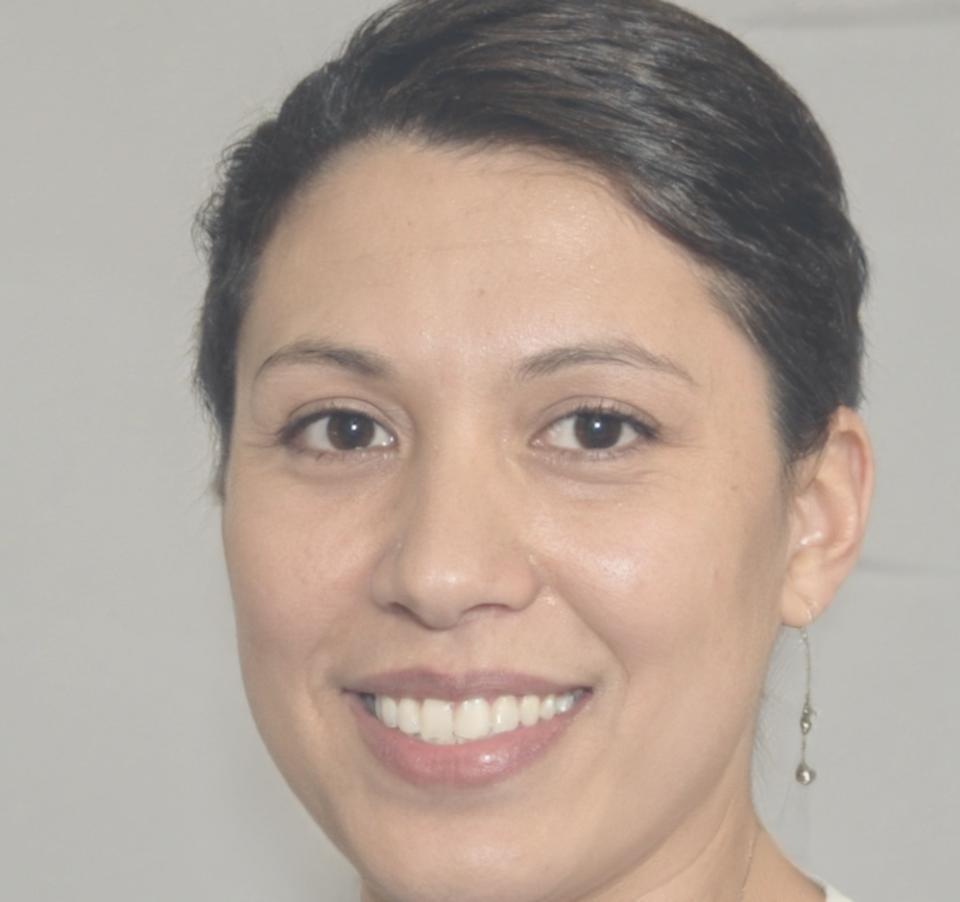What You Actually Need Before Starting
Financial analysis isn't just for accountants with decades of experience. But jumping in without the right groundwork? That's where most people get stuck. Let me walk you through what actually matters before you commit time and money.
Explore Our ProgramsIs This Actually Right for You?
Here's something most education sites won't tell you straight up. Not everyone needs formal financial analysis training. And that's completely fine.
I've worked with business owners who picked up everything they needed from a few targeted resources. Others benefited from structured learning because they wanted to build deeper expertise. The difference? Understanding where you're starting from.
- You're running a business that already generates revenue and want better visibility into your numbers
- You understand basic financial statements but struggle to extract meaningful insights from them
- You can commit 4-6 hours per week for at least three months to properly absorb the material
- You're willing to work with real business data and apply concepts immediately, not just collect certificates
- You have access to your business financials or can work with realistic sample data sets

The Three Foundation Blocks
Skip any one of these and you'll find yourself redoing work later. Better to spend two weeks getting these sorted than six months fixing misunderstandings.
Basic Financial Literacy
You don't need an accounting degree, but you should know what revenue, expenses, and profit margin mean without Googling it.
- Can read a P&L statement without confusion
- Understand the difference between cash flow and profit
- Know why gross margin matters to your business
- Comfortable with percentages and basic ratios
Data Organization Skills
Analysis only works when your data isn't a mess. Most businesses have the numbers they need somewhere, they're just scattered across five different systems.
- Can export data from your accounting software
- Comfortable working with spreadsheets daily
- Willing to create consistent data collection habits
- Understand the importance of accurate record-keeping
Critical Thinking Approach
Financial analysis isn't about memorizing formulas. It's about asking better questions about your business and knowing where to look for answers.
- Curious about why numbers change month to month
- Can spot when something doesn't add up
- Willing to challenge your own assumptions
- Interested in patterns, not just individual numbers

Real People, Different Starting Points
Three participants from our September 2024 cohort, each beginning from completely different places. Their paths might help you figure out where you fit.

Kieran Walsh
Retail Business Owner
I'd been running my shop for eight years but couldn't tell you which product lines actually made money. Started with basically zero analysis experience. Took me about five months of consistent work, but now I can spot problems in my margins before they become disasters.

Rhys Fletcher
Operations Manager
Had some Excel skills and understood our P&L, but couldn't do proper forecasting. The structured approach helped me connect concepts I'd picked up randomly over the years. Now I'm running quarterly business reviews that actually inform our strategy.

Simone Garrett
Consulting Practice Owner
Thought I knew enough because I'd been tracking my numbers for years. Turns out I was making some expensive assumptions about client profitability. The program helped me see gaps I didn't know existed in my analysis approach.